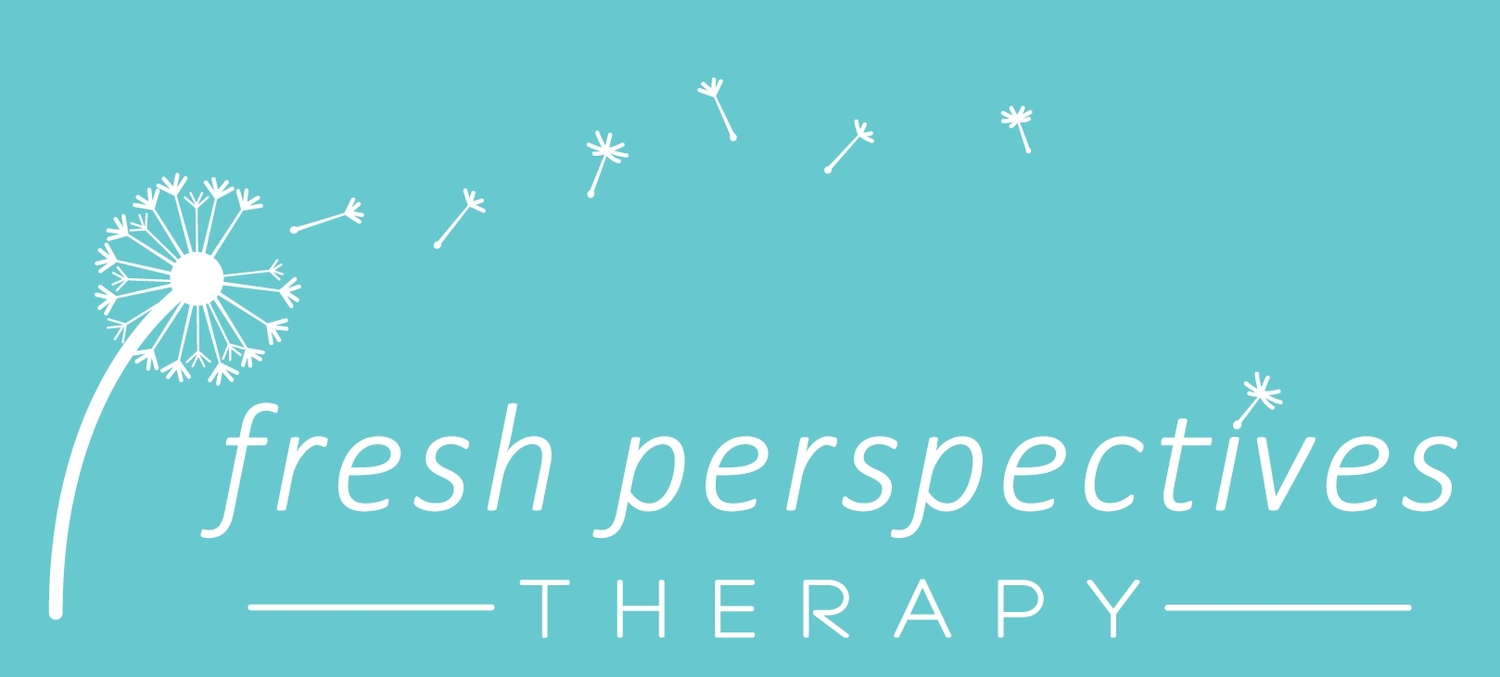January is here again, bringing with it the season of resolutions to change your life and be the best you you’ve always wanted to be! Sadly, these resolutions will likely unravel unceremoniously around February.
It’s not an optimistic outlook but statistically, most of our New Year’s resolutions are doomed before they begin. As a counselor, I of course have hope and faith that people really can change themselves and their lives for the better--in fact, I’ve helped many in that process! So why do I have such a dreary outlook at this so-called fresh start?
The problem with New Year’s resolutions is mostly about how we approach them and what the word resolution implies. Resolution is a firm decision to do or not do something and often it is seen as a way of solving a problem. This means that when we make a resolution, we are essentially planning to here-and-now completely change a large set of behaviors in our lives to solve a core issue. That’s quite a tall order! No wonder we fail year after year. That’s simply not how behavior change works.
In order to change behavior, there not only has to be knowledge or awareness that there is a problem, but there has to be a plan for how to approach the change. There must be an intense motivation internally as well as externally to follow that plan (meaning drive and accountability, respectively). A large part of behavior change is altering the way you think, creating new neural pathways, and minimizing a desire to cheat or quit.
So how do you set yourself up for success when you have that serious intention to make a big change in your life?
Change Wording
Words are important and more powerful than we can imagine. Consider revamping your typical “resolution” to be a theme for the year. Create a simple mantra-like word or short phrase you can repeat to yourself frequently. Maybe this will be your year of “Yes!” (taking chances and trying new things), the year of “No” (setting firm, new boundaries that will be healthy for you), or the year of “Healthy Decisions” (focusing on exercising, hydrating, and eating well in addition to losing weight). Whatever it is, make it meaningful to you and descriptive of the change you’re working on!
Goldilocks Specificality
You always hear about the importance of setting specific, measurable goals in order to achieve success. Being vague can set you up for failure but being too specific can as well! Your focus can become too narrow on severely specific goals that either guide you toward finding ways of getting out of it or encourage you to achieve at an unreasonably high cost. Work instead of having an area of focus, like the aforementioned theme, with some specific parameters. So create a map for change but leave yourself room to re-route when you encounter roadblocks.
Take Steps, Not Leaps
Many of us are aware that small steps toward a larger goal is a better way to approach change, but what does that actually look like? It’s thinking about the thing you want to change on a daily basis and refraining from getting ahead of yourself. Break your big goal down into smaller ones, and then smaller still, until you get down to a step you can take today. Each day, keep your focus on the efforts you can make now that will put you in more alignment with your chosen theme.
Set Rewards in Theme
Rewards are vital to success of a goal and should be celebrated at small and big milestones alike! Yay!
But here’s the catch. The reward you set should be appropriate for the amount of progress made and should not just be in alignment with your theme but be encouraging you to continue living your change.
For instance, if your goal is for better physical health, it will not be productive to set a reward of a cupcake. That’s allowing you to continue treating food as reward, celebration, or entertainment when you’re trying to retrain your brain to consider it sustenance. A more appropriate reward might be some new exercise gear that makes you excited about your next workout or a healthy cookbook that gets you jazzed about quinoa and kale!
If better money management is your aim, maybe treat yourself to a day of enjoying free entertainment in your city, like a walking tour, city-sponsored events, or an afternoon at the library with a thermos of coffee you made at home.
This is an opportunity to get creative and have fun exploring the fruits of behavior change and will help drive that inner motivation to keep up the hard work!
Accountability
Find a friend or several people with whom you can share your progress, regresses, or stagnation. Choose people you can be open with and invite them to call you out if you’re making excuses and looking for ways to quit or cheat.
Overall, one of the best ways to help you make the change you want in your life is to really, actually want it--not just because January 1st came around again! If you think of your goal on December 28th, then that’s a perfect day to get started and start living your change. If on March 5th you realize you haven’t been living your theme for a couple weeks, get back on the horse right away while you ponder how to better navigate whatever roadblock you encountered in the future!

